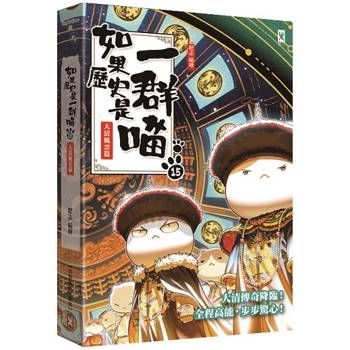Najīb Maḥfūẓ, the Egyptian novelist, has proven his brilliance as an author by skillfully integrating several intellectual and academic references into his literary works. In his influential masterpiece, the Cairo Trilogy, Maḥfūẓ employs numerous literary references, including songs, proverbs, old sayings, and beliefs, to covertly convey his intended messages. The aim of this work is to assess how well such references to popular literature have been translated and how they have contributed to the creation of this literary work.
| FindBook |
有 1 項符合
The Translation of Arabic Popular Literature into English的圖書 |
 |
The Translation of Arabic Popular Literature into English 作者:Muhammed 出版社:Noor Publishing 出版日期:2025-01-07 語言:英文 規格:平裝 / 60頁 / 22.86 x 15.24 x 0.36 cm / 普通級/ 初版 |
| 圖書館借閱 |
| 國家圖書館 | 全國圖書書目資訊網 | 國立公共資訊圖書館 | 電子書服務平台 | MetaCat 跨館整合查詢 |
| 臺北市立圖書館 | 新北市立圖書館 | 基隆市公共圖書館 | 桃園市立圖書館 | 新竹縣公共圖書館 |
| 苗栗縣立圖書館 | 臺中市立圖書館 | 彰化縣公共圖書館 | 南投縣文化局 | 雲林縣公共圖書館 |
| 嘉義縣圖書館 | 臺南市立圖書館 | 高雄市立圖書館 | 屏東縣公共圖書館 | 宜蘭縣公共圖書館 |
| 花蓮縣文化局 | 臺東縣文化處 |
|
|
圖書介紹 - 資料來源:博客來 評分:
圖書名稱:The Translation of Arabic Popular Literature into English
|











